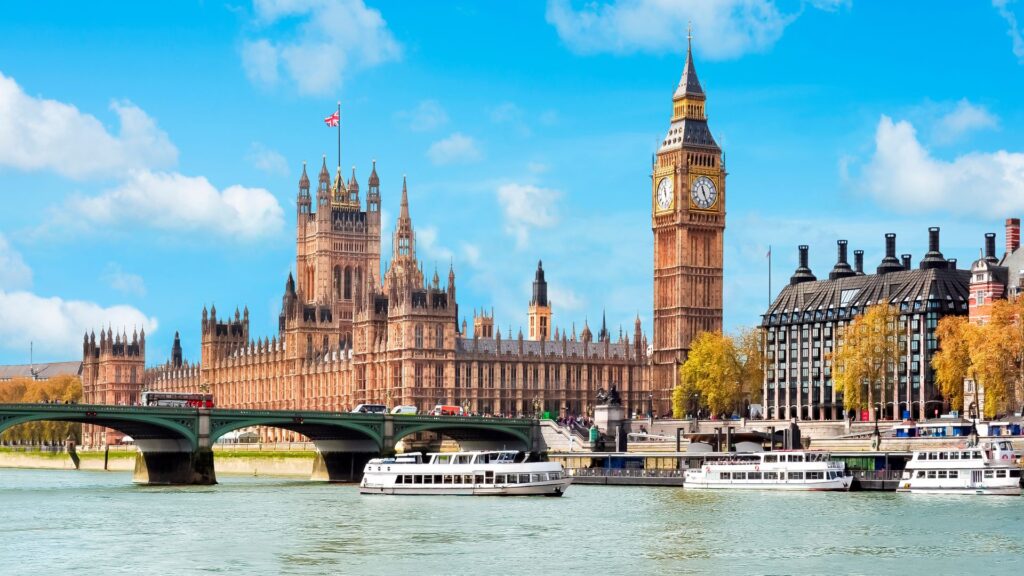The State of Nature Metrics: A Key Step Toward a Nature-Positive Future
Biodiversity loss and environmental degradation pose significant threats to global economic stability, human well-being, and climate resilience. The urgency to address these challenges has led to the establishment of the Nature Positive Global Goal, which aims to halt and reverse nature loss by 2030. However, measuring progress towards this goal remains a major hurdle due to the lack of standardized metrics. The Need for Standardized Nature Metrics Currently, businesses, governments, and environmental organizations rely on a multitude of metrics to assess the state of nature. The absence of a consistent, unified approach makes it difficult to track progress and ensure accountability. To address this gap, the Nature Positive Initiative (NPI) has been working to create a standardized framework for measuring nature-positive outcomes. Introducing the State of Nature (SON) Metrics The newly developed State of Nature (SON) metrics are designed to provide clarity and consistency in evaluating conservation and restoration efforts. These metrics aim to: The development of these standardized metrics is critical for ensuring that organizations worldwide can effectively measure their contributions to a more sustainable future. Key Components of the State of Nature Metrics The draft State of Nature Metrics, set for piloting in 2025, primarily focus on terrestrial ecosystems. They are structured around three core indicators: These indicators provide a structured, science-based approach to measuring nature’s health, helping organizations make data-driven decisions that support biodiversity restoration. Piloting and Future Development The piloting phase in 2025 will assess the effectiveness of the SON metrics across different environmental and social contexts. The goal is to refine the framework and integrate it into globally recognized sustainability standards such as the Taskforce on Nature-related Financial Disclosures (TNFD) and the Global Reporting Initiative (GRI). While the terrestrial metrics are ready for initial testing, further development is needed for freshwater and marine ecosystems, as well as for the integration of traditional knowledge and local ecological insights. Key challenges such as data accessibility, affordability, and cross-industry applicability will be addressed during this phase. Engaging Stakeholders for a Nature-Positive Future The Nature Positive Initiative has already received extensive feedback from over 700 stakeholders across 15 consultation events, ensuring the framework reflects diverse perspectives. As the piloting phase unfolds, businesses, financial institutions, and policymakers must actively participate in refining these tools to ensure they are scalable, practical, and effective. The introduction of the State of Nature Metrics marks a significant milestone in the global effort to reverse biodiversity loss. By fostering consensus, accountability, and measurable progress, these metrics will play a crucial role in shaping a more sustainable, nature-positive world. Organizations worldwide are encouraged to engage in the piloting process and contribute to the collective mission of safeguarding our planet’s ecosystems for future generations. For further insights, visit: This article was written by Marc Tristant from the Green Initiative Team. Related Articles
The State of Nature Metrics: A Key Step Toward a Nature-Positive Future Read More »


